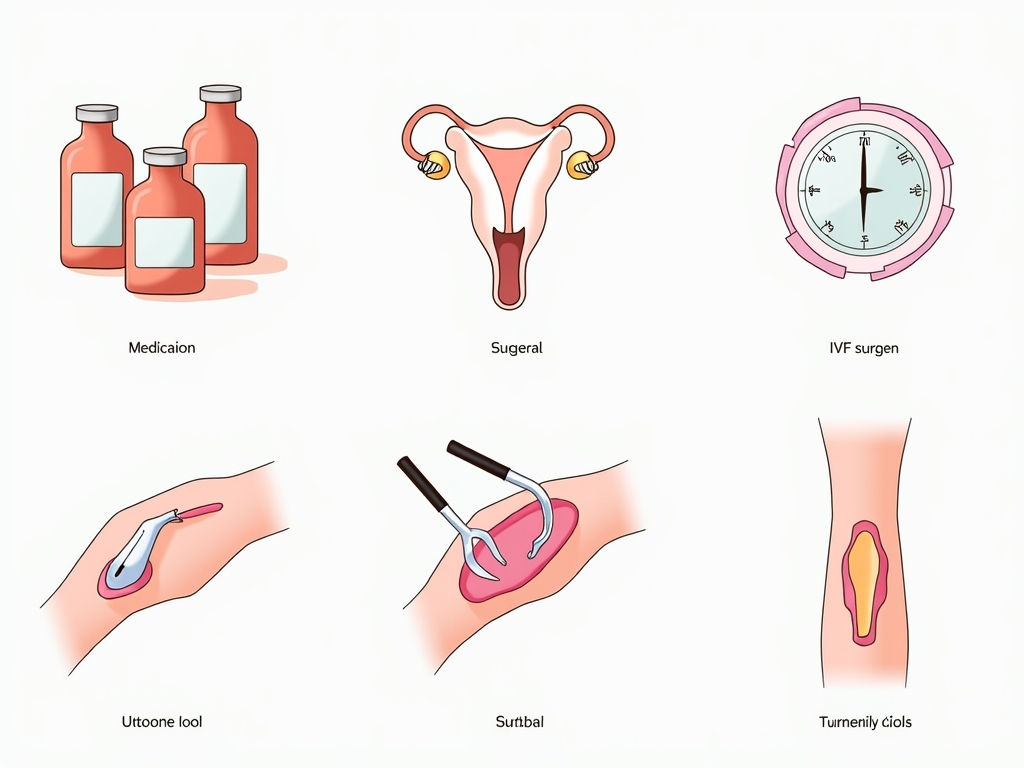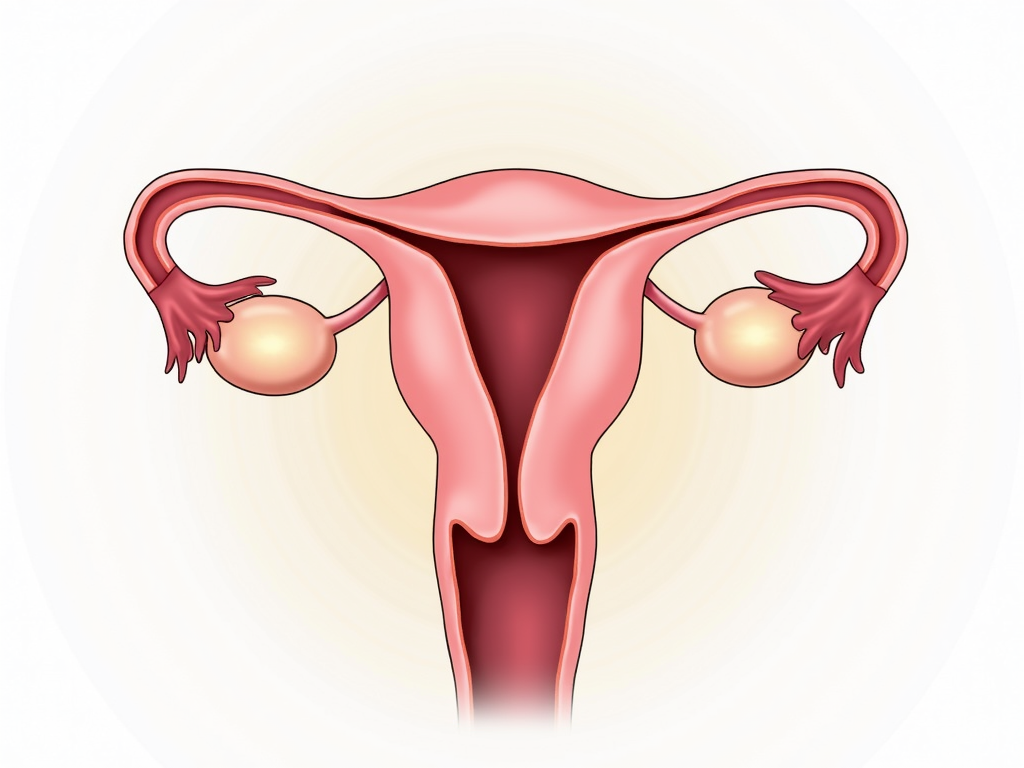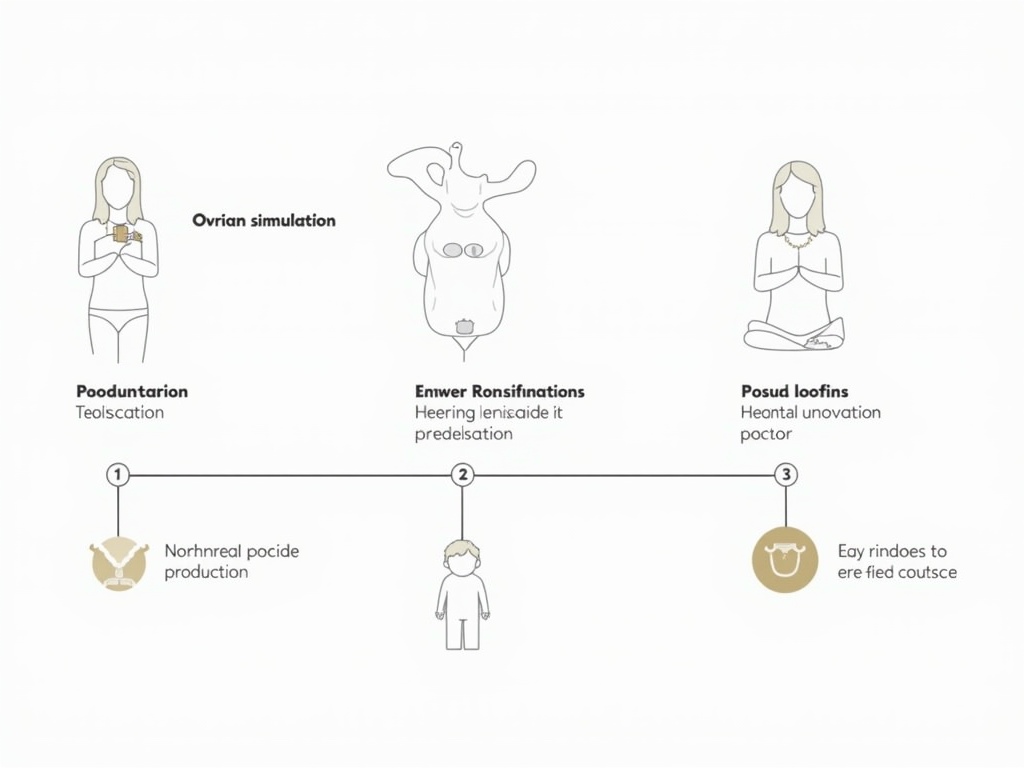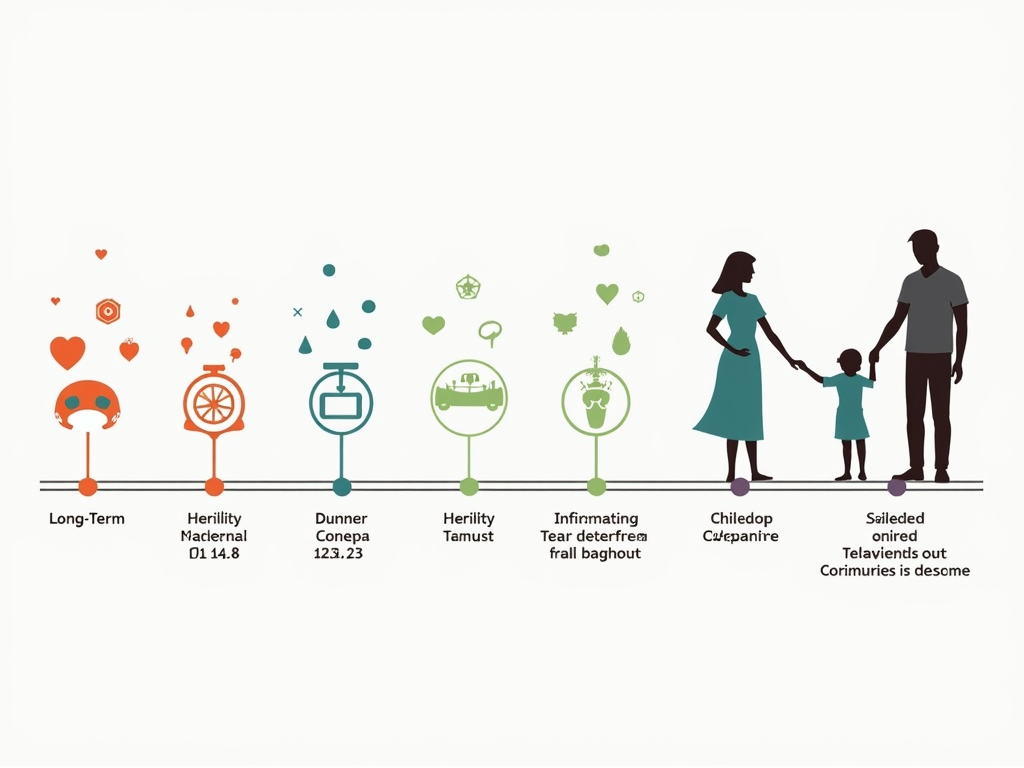Understanding the Side Effects of Fertility Treatments
May 22, 2025, 5:21 p.m.
Fertility treatments have become increasingly common as more couples face challenges in conceiving. While these treatments offer hope, it's crucial to understand their potential side effects. This article explores the various fertility treatments available and their associated risks, providing you with the knowledge to make informed decisions about your reproductive health.
What Are Fertility Treatments?
Fertility treatments encompass a range of medical interventions designed to assist individuals and couples in achieving pregnancy. These can include medications, surgical procedures, and assisted reproductive technologies like in vitro fertilization (IVF). Each treatment carries its own set of potential side effects, which can vary widely in severity and impact.

Common Side Effects of Fertility Medications
Medications are often the first line of treatment for infertility. Drugs like Clomiphene Citrate (Clomid) stimulate ovulation but can lead to side effects such as hot flashes, mood swings, and in rare cases, ovarian hyperstimulation syndrome (OHSS). OHSS can cause abdominal pain, bloating, and in severe cases, fluid accumulation in the abdomen and chest.
For men, medications might be used to address male infertility issues, such as low sperm count or motility. These can include hormone treatments which might lead to side effects like acne, breast tenderness, or changes in libido.

Surgical Procedures and Their Risks
Surgical interventions for infertility might include procedures to remove blockages in the fallopian tubes or to treat conditions like endometriosis. While generally safe, these surgeries carry risks such as infection, bleeding, or adverse reactions to anesthesia.
For men, surgeries like varicocele repair can improve sperm quality but may result in complications such as hydrocele formation or testicular atrophy.

Assisted Reproductive Technologies (ART)
ART includes procedures like IVF, where eggs are fertilized outside the body and then implanted. Side effects can include multiple pregnancies, which carry higher risks for both mother and babies, and ovarian hyperstimulation from fertility drugs used in the process.
Other ART methods, such as intracytoplasmic sperm injection (ICSI), involve injecting a single sperm into an egg. While effective, ICSI may slightly increase the risk of birth defects, though research is ongoing.

Emotional and Psychological Impact
Beyond physical side effects, fertility treatments can take a toll on mental health. The stress of treatment cycles, financial burdens, and the emotional rollercoaster of hope and disappointment can lead to anxiety and depression. It's important for patients to seek support through counseling or support groups.

Long-Term Considerations
While most side effects are short-term, some fertility treatments may have long-term implications. For example, there is ongoing research into whether fertility drugs increase the risk of certain cancers, though current evidence is inconclusive.
Additionally, children conceived through ART may have a slightly higher risk of certain health issues, but these risks are generally low and must be weighed against the benefits of treatment.

In conclusion, while fertility treatments offer a path to parenthood for many, they come with a range of potential side effects. Understanding these risks allows individuals and couples to approach treatment with realistic expectations and to seek appropriate support. Always consult with healthcare professionals to tailor treatments to your specific needs and to manage any side effects that arise.